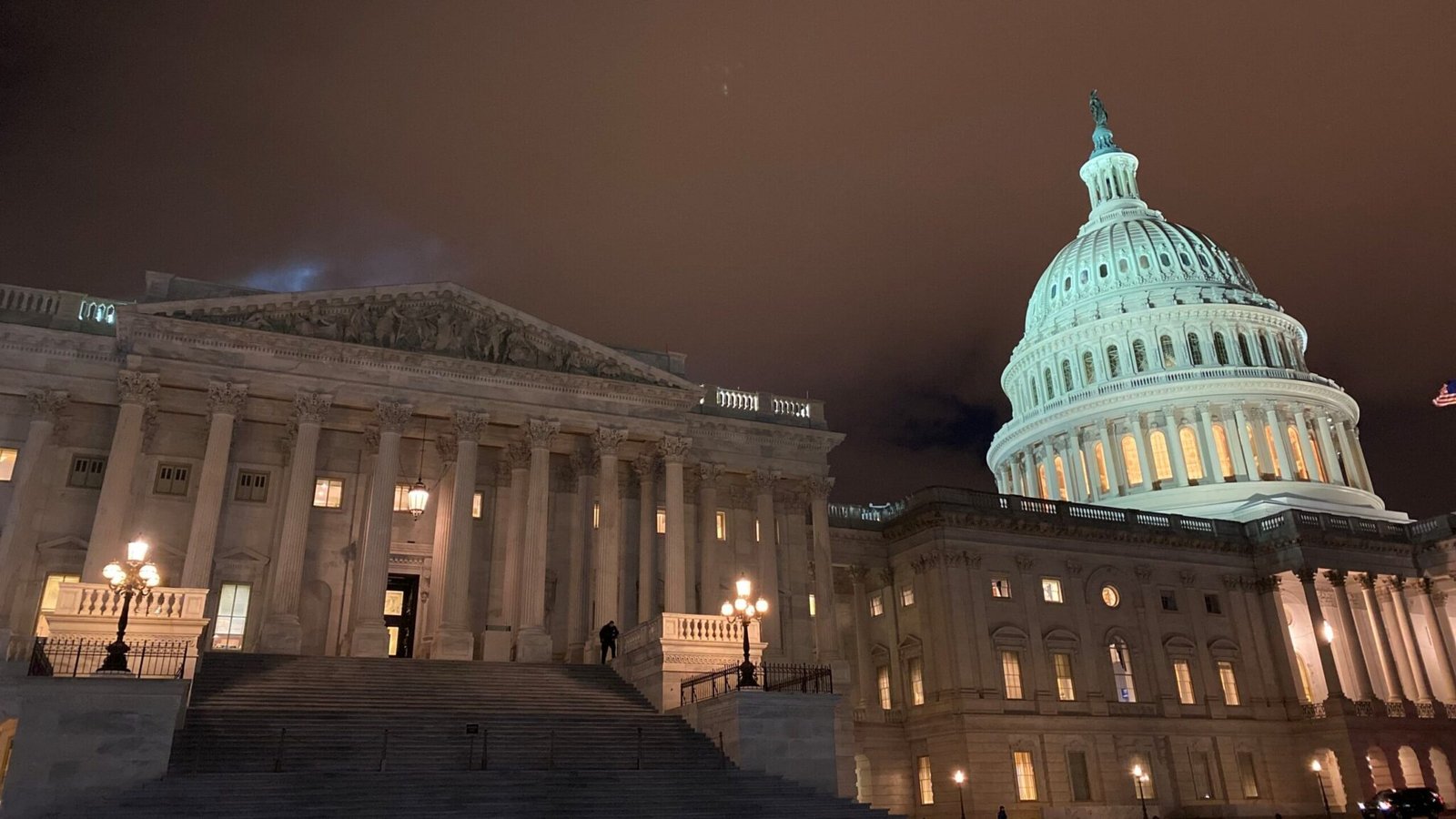arizona
Candidates Pledge Bigger Child Tax Credit: Will Promises Become Reality?

As Election Day approaches, the future of the child tax credit looms large, with its expiration set for next year. Congress will face a crucial decision in 2025 regarding whether to allow the credit to lapse, maintain its current structure, or push for an expansion. Despite aspirations voiced by candidates on the campaign trail, a significant expansion appears improbable.
During the campaigning, proposals suggested doubling or even tripling the tax credit from $2,000 to as much as $5,000 or $6,000. However, the viability of such proposals is under scrutiny.
Demonstrating its evolution, the child tax credit was raised from $1,000 to $2,000 in 2017 under Trump’s Tax Cuts and Jobs Act. It expanded eligibility significantly, allowing families earning up to $400,000 to benefit. Yet, a substantial portion—at least 20%—of the most impoverished children continued to miss out, as their parents earned too little to owe income taxes, a framework established since the credit’s inception in 1997.
The temporary enhancements to the credit in 2021 illuminated its potential. Following the pandemic, families received $3,000 per child, or $3,600 for children under six. Payments were distributed monthly rather than in a single annual payment, marking a shift in how families accessed these funds.
Crucially, this expansion made the credit accessible to the poorest families for the first time, resulting in a dramatic reduction in child poverty, which fell to 5.2%. Unfortunately, when the expansion expired in 2022, the credit reverted to $2,000, with 18 million children, many of whom were children of color, regaining ineligibility. Consequently, the child poverty rate climbed back to 12.4%, now standing at 13.7%.
Discussions on potential changes to the credit are already underway among advocates. With Republicans controlling the White House and both houses of Congress, they are poised to expedite tax legislation. Meredith Dodson from the Coalition on Human Needs noted that preliminary talks are focused on drafting the tax package for when the new Congress convenes.
While the credit’s expiration is unlikely, some experts suggest it might not increase significantly. The current GOP platform seeks to keep the 2017 enhancements permanent, making $2,000 the baseline for future negotiations.
Indexing the credit for inflation has emerged as a possible compromise, with a proposal backed by three-quarters of House Republicans failing this year due to Senate opposition. The previous rejection stemmed from concerns that an expansion might dissuade work. Critics argue enhanced credits could incentivize reduced work hours, while supporters counter that funds would address childcare needs, as seen during the 2021 expansion.
The road ahead for the child tax credit remains uncertain, with internal GOP divisions influencing potential changes. Senator Chuck Grassley has indicated support for indexing the credit to inflation, a likely topic of future discussions. Despite this, many vulnerable children would remain ineligible.
Megan Curran from Columbia’s Center on Poverty and Social Policy highlighted the disconnect between families’ needs and legislative outcomes. She emphasized that the potential of the child tax credit differs significantly from its current structures.
On the campaign trail, Vice President-elect JD Vance expressed support for a $5,000 credit for all families, but details remain scarce. Trump has indicated support but provided no definitive expansion plans, leading to uncertainty about the direction of the child tax credit.
With two prominent Republican supporters retiring, the path forward may appear complicated. Funding mechanisms for any extensions of the 2017 tax provisions could involve cuts to Medicaid and food assistance programs, a strategy that might alienate moderate Republicans concerned about the impact on low-income constituents.
The GOP’s approach could prioritize a “baby bonus” for young children, an idea supported by various conservative groups. This bonus, proposed during the campaign, aims to address the rising costs associated with childbirth.
Amidst these developments, advocates like Tia Simmons underscore the urgent need for robust child tax credit reforms. A member of the Automatic Benefit for Children Coalition, she advocates for a universal credit of at least $6,000 annually, reflecting families’ growing financial burdens.
Simmons, who has faced challenges accessing the credit due to custody issues, asserts the need for policymakers to recognize the realities of families struggling to make ends meet. “There are real families who need this funding,” she stated. “While they’re in Congress arguing about it, we are out here struggling.” As lawmakers engage in negotiations, advocates like Simmons continue to call for meaningful changes that would uplift countless families across the nation.


















